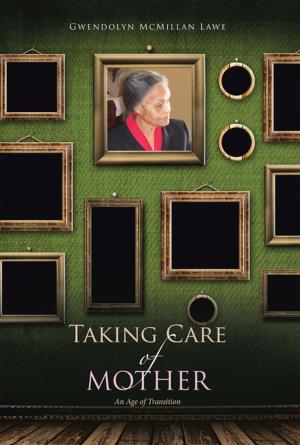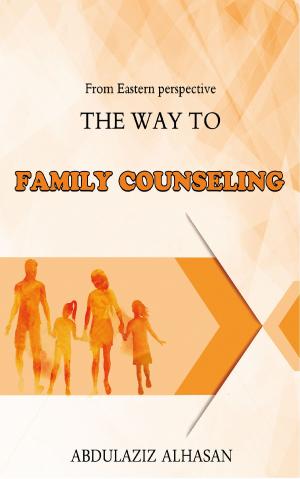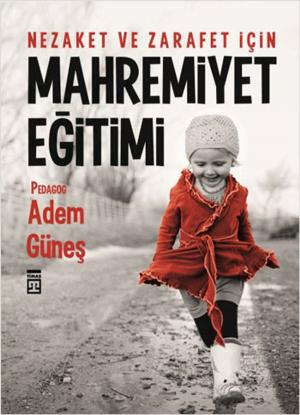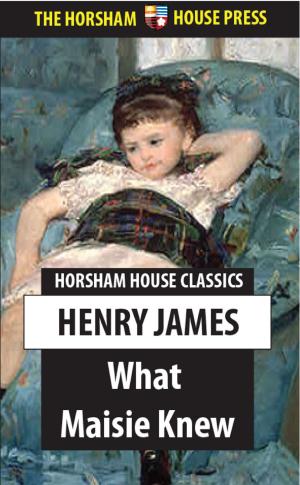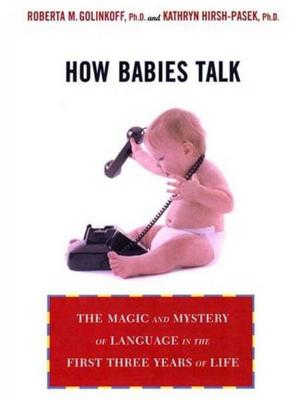| Author: | Michael Tappenden | ISBN: | 9781909121836 |
| Publisher: | Michael Tappenden | Publication: | August 18, 2016 |
| Imprint: | Smashwords Edition | Language: | English |
| Author: | Michael Tappenden |
| ISBN: | 9781909121836 |
| Publisher: | Michael Tappenden |
| Publication: | August 18, 2016 |
| Imprint: | Smashwords Edition |
| Language: | English |
At times dark and disturbing but also overflowing with warmth and humour, Pegasus to Paradise is not simply a poignant family album of times past but a rich social history of wartime and post war England. A sensitive commentary on wartime duty, trauma and stoicism and of the difficulties facing a country and its individuals following the devastation of war, including a fearless portrait of mental illness.
The semi-fictionalised characters - sympathetically embellished versions of the author's parents and their neighbours -come to life as we witness a story of promise and love through the tranquil lens of the 1930s, changing dramatically into enforced separation, survival and heroism during World War II and of the war's devastating legacy.
The relentless cultural upheaval through the fifties and sixties provides the backdrop for many evocative vignettes of urban and rural life, illustrating the great strengths of duty, family and neighbourliness of that time. Qualities that we are now anxious to return to. But viewed through the soft focus of nostalgia, it's easy to forget that at times such qualities often come to the fore through extreme adversity.
The central character fills the pages with her eccentricity and sense of fun but behind the facade is an increasingly tormented soul who wants the world to stay as it was, longs to blot out its horrors and have back the young man she married before the devastating experience of war brought home somebody she no longer recognises. But if Florrie is centre-stage, a place where she feels happiest, then her husband Ted is one of life's cheerleaders. Thrust unprepared into the limelight of wartime heroism, he was thereafter destined to take a supporting role in the drama that was Florrie. But it is his story that adds further weight - his unrelenting sense of duty, honour and loyalty that on one level overcame so much but which on another stifled and suppressed so much more. Florrie was right to think that Ted left something behind when he came back from war. He lost his potential and spent the rest of his life, often against his better judgement, trying to help his wife achieve hers.
It is a bitter irony that the same qualities that won the war could be rewarded by such difficulties in the peace. But will the power of their love overcome these problems?
There is a diverse audience for this glimpse into a former time. A glimpse that not only looks at social history but which also encounters drama, romance, love, humour and the unexpected against the background of the baker's van, the rag and bone cart and the black footprints of the coalman down the garden path.
At times dark and disturbing but also overflowing with warmth and humour, Pegasus to Paradise is not simply a poignant family album of times past but a rich social history of wartime and post war England. A sensitive commentary on wartime duty, trauma and stoicism and of the difficulties facing a country and its individuals following the devastation of war, including a fearless portrait of mental illness.
The semi-fictionalised characters - sympathetically embellished versions of the author's parents and their neighbours -come to life as we witness a story of promise and love through the tranquil lens of the 1930s, changing dramatically into enforced separation, survival and heroism during World War II and of the war's devastating legacy.
The relentless cultural upheaval through the fifties and sixties provides the backdrop for many evocative vignettes of urban and rural life, illustrating the great strengths of duty, family and neighbourliness of that time. Qualities that we are now anxious to return to. But viewed through the soft focus of nostalgia, it's easy to forget that at times such qualities often come to the fore through extreme adversity.
The central character fills the pages with her eccentricity and sense of fun but behind the facade is an increasingly tormented soul who wants the world to stay as it was, longs to blot out its horrors and have back the young man she married before the devastating experience of war brought home somebody she no longer recognises. But if Florrie is centre-stage, a place where she feels happiest, then her husband Ted is one of life's cheerleaders. Thrust unprepared into the limelight of wartime heroism, he was thereafter destined to take a supporting role in the drama that was Florrie. But it is his story that adds further weight - his unrelenting sense of duty, honour and loyalty that on one level overcame so much but which on another stifled and suppressed so much more. Florrie was right to think that Ted left something behind when he came back from war. He lost his potential and spent the rest of his life, often against his better judgement, trying to help his wife achieve hers.
It is a bitter irony that the same qualities that won the war could be rewarded by such difficulties in the peace. But will the power of their love overcome these problems?
There is a diverse audience for this glimpse into a former time. A glimpse that not only looks at social history but which also encounters drama, romance, love, humour and the unexpected against the background of the baker's van, the rag and bone cart and the black footprints of the coalman down the garden path.



